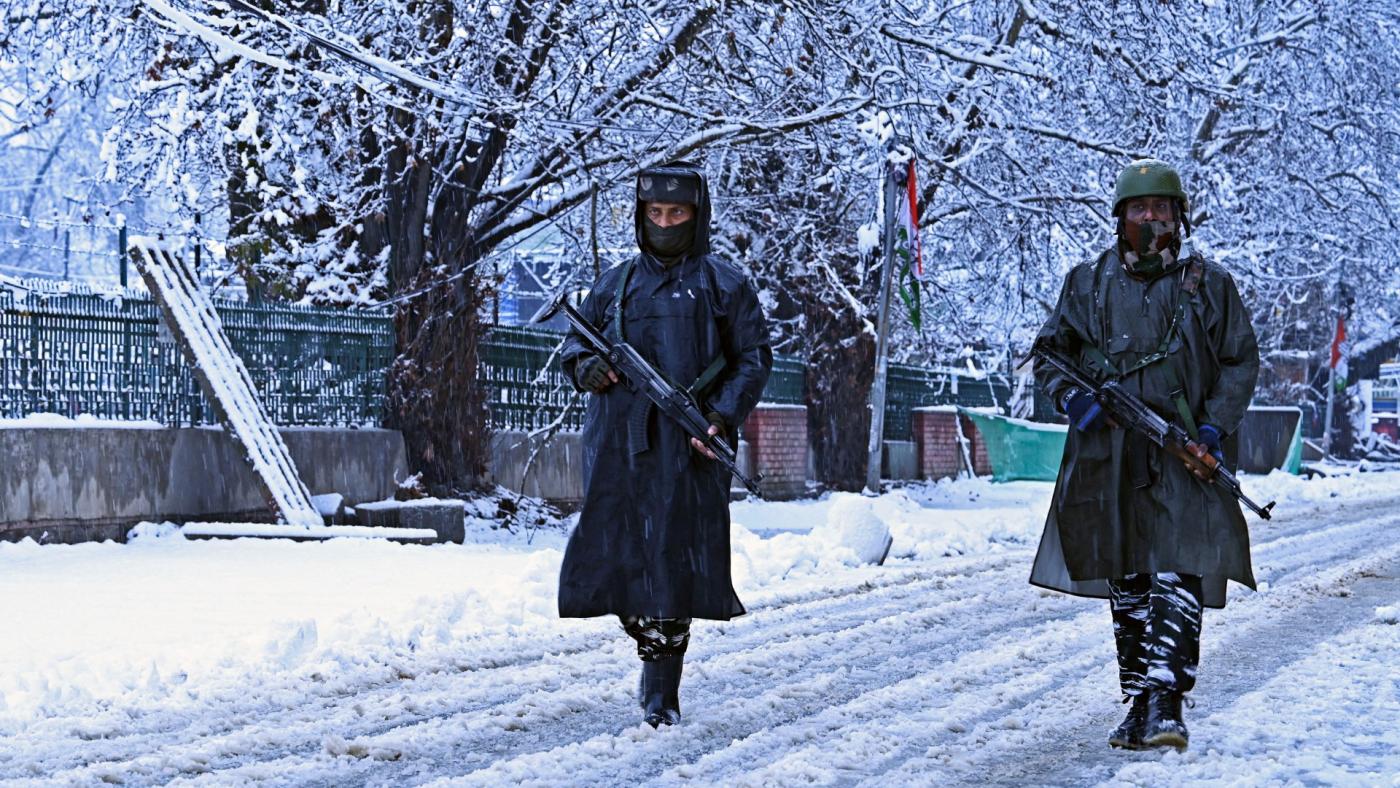
Given India’s deteriorating human rights record, Lowler’s comments reveal an increasing level of annoyance among human rights experts.
Following the earlier this week arrests of well-known human rights lawyer Khurram Parvez and journalist Irfan Mehraj, a UN expert has urged India to immediately stop its crackdown on Kashmiri human rights defenders.
The UN Special Rapporteur on the situation of human rights defenders, Mary Lowler, decried the dwindling space for civil society in the valley and demanded Parvez and Mehraj’s immediate release and the conclusion of the investigations against them in a statement released on Friday.
“Irregular arrest and detention of people who are merely practicing their human rights. Where such harmful activities are committed, there must be accountability and redress.
The government has repeatedly been urged to address basic problems with the nation’s anti-terrorism system and its abuse to disparage and stifle human rights advocates, according to Lawlor.
With India’s deteriorating human rights record, human rights experts are becoming increasingly irate, as evidenced by Lowler’s forceful words.
In accordance with the Unlawful Activities (Prevention) Act, Parvez, the director of the Jammu Kashmir Coalition of Civil Society (JKCCS), was detained on March 22 for sponsoring terrorists “under the guise of defending human rights.”
Known Kashmiri journalist Mehraj, who had previously worked with JKCCS, had been called and arrested by the National Investigation Agency two days prior.
Due to a prior terrorism charge, Parvez has previously been in police custody since November 2021.
According to Lawlor, the attack on JKCCS demonstrates how the Indian government “seems to be stepping up the long-standing repression of Kashmiri civil society.”
The Jammu and Kashmir Coalition of Civil Society (JKCCS) is crucial in keeping track of human rights. They have a great deal to contribute to international organizations working to secure accountability and the prevention of future violations of human rights, according to Lawlor.
The Unlawful Activities (Prevention) Act (UAPA), which permits the classification of any anyone as a “terrorist” without requiring membership or association with a prohibited group, has drawn recurrent criticism from the UN.
Critics assert that the act is used to repress civil society, the media, and human rights advocates in Jammu and Kashmir, which is administered by India.
By the time of publication, MEE has not received a response from the National Investigation Agency of India’s public relations representative.
Journalism is not permitted.
The arrest of Mehraj in Srinagar has left the fraternity discouraged and worried about the state of journalism in the area going forward. In the previous two years, four Kashmiri journalists have been detained, including Mehraj.
Several human rights organizations, including Amnesty International, the Editors Guild of India, the Press Club of India, and the Journalist Federation of Kashmir, expressed indignation over his detention right away.
Irfan Mehraj’s detention is a continuation of Jammu and Kashmir’s ongoing campaign against free expression and the press. We demand that he be released right away. In a statement, the All India Lawyer’s Association for Justice remarked.
Amnesty International referred to Mehraj’s detention as a “travesty” as well.
Amnesty International stated that “the suppression of the rights to freedom of expression and association continue unabated in Kashmir.”
Mehraj, who has written for DW-World and Al Jazeera English, is also the editor of the Indian news website TCN Live.
According to a top Kashmiri journalist who spoke to MEE, Mehraj’s detention appeared to be intended as a warning to other journalists in the area.
To keep the message current—that no opinion will be tolerated—someone or another will occasionally be brought up. Nothing but praise will be accepted. Journalism will not be permitted, the journalist declared.
The journalist said, “Almost everyone is so worn out that no one knows how to feel about anything anymore.”
The semi-autonomous status of Indian-controlled Kashmir was revoked by Narendra Modi’s Hindu nationalist administration in 2019.
In a report released in August 2019, Human Rights Watch (HRW) said that Indian authorities were gradually limiting the valley’s access to basic rights including freedom of speech.
According to HRW, the insecurity among Kashmiris has worsened as a result of the government’s repressive tactics and unwillingness to look into and prosecute reported security force abuses.
Since 1947, the entire contested region has been claimed by both India and Pakistan, with each nation controlling portions of it.






